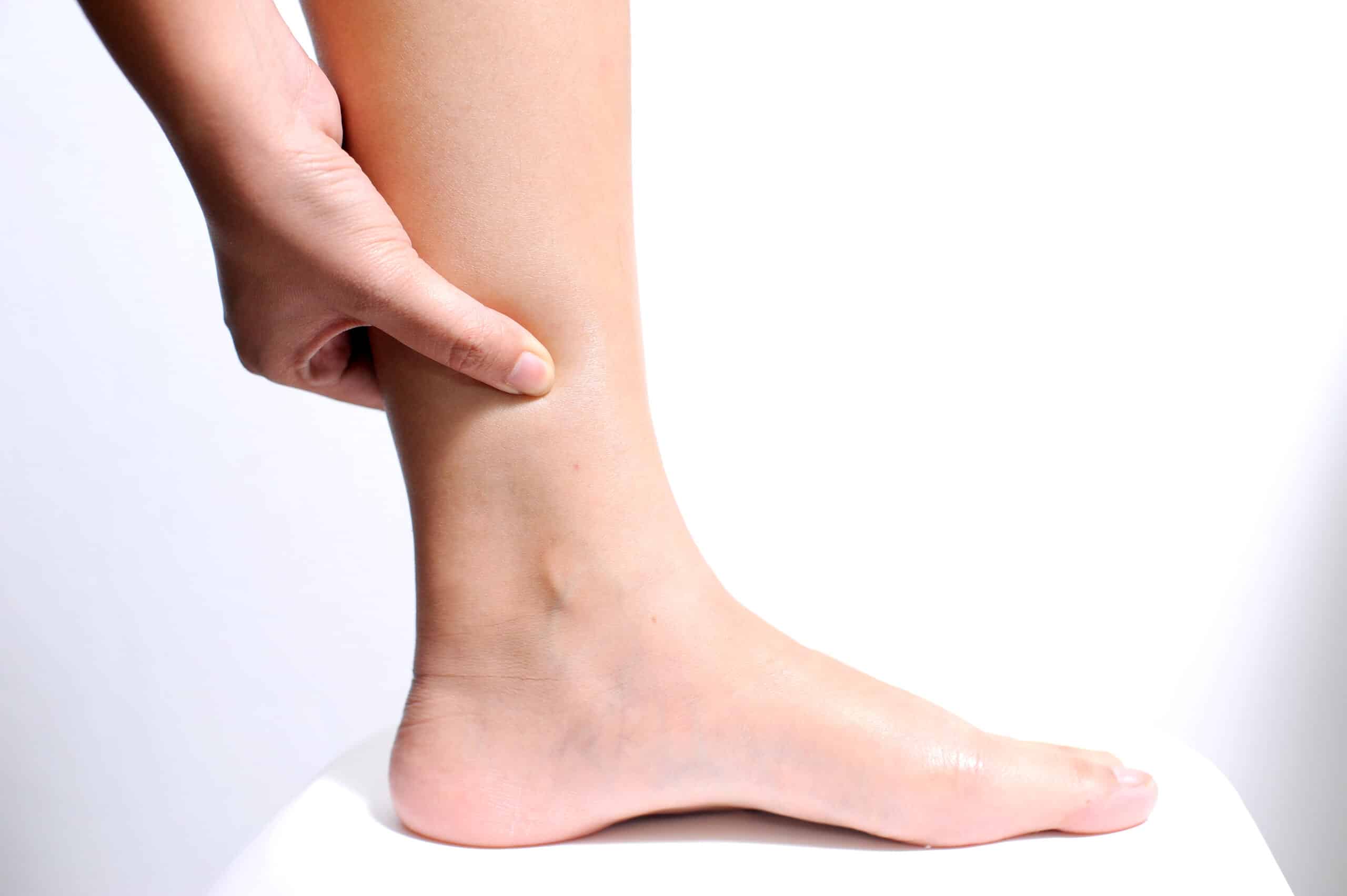Understanding Non-Invasive Treatments
Non-invasive treatments(1) refer to therapeutic approaches that do not require surgical procedures. They offer a safer and less aggressive alternative to traditional surgical methods. Also, they are increasingly favored by patients and healthcare providers. These treatments provide excellent results with the following benefits:
– Minimal risk
– Shorter recovery times
– Fewer complications
Many non-invasive treatments are available for people suffering from varicose veins in El Paso. A vein specialist can recommend the most appropriate treatment for your condition.
Compression Stockings: A First-line Treatment
Compression stockings(2) are often the first line of treatment for varicose veins. These stockings exert pressure on the legs, helping to reduce swelling and improve blood. They are available in different strengths and styles. A vein specialist can recommend the most suitable type based on your condition.
Compression stockings work by applying graduated pressure. The highest pressure is at the ankle and gradually decreases as they move up the leg. This control pressure helps to counteract the gravitational force that can cause blood to pool in the lower limbs. Compression stockings alleviate symptoms related to varicose veins, such as:
– Pain
– Heaviness
– Cramping
Lifestyle Modifications to Reduce Symptoms
Additionally, to compression stockings, certain lifestyle modifications(3) can complement the treatment of varicose veins. Try to:
Exercise regularly
Regular exercise improves blood circulation and prevents blood from stagnating in the veins. You can perform simple activities like walking, swimming, and cycling.
Maintain a healthy diet
A fiber-rich diet, antioxidants, and nutrients can support vascular health. It is advisable to avoid excessive consumption of salt, as it may contribute to fluid retention and swelling in the legs.
Avoid prolonged periods of standing or sitting
Taking breaks to move around or perform simple leg exercises can help prevent blood from pooling. Movement reduces the risk of developing more varicose veins.
Herbal Remedies and Supplements
Many patients seek natural remedies to complement their varicose vein treatment. Some supplements have shown promise in alleviating symptoms and supporting vascular health. Horse chestnut extract(4) has demonstrated anti-inflammatory properties, helping reduce swelling. Consult a vein specialist before incorporating these remedies into a treatment plan.
Mind-Body Techniques for Varicose Vein Management
Stress and anxiety can exacerbate varicose vein symptoms. Engaging in stress-reduction practices can be beneficial. Some techniques can help promote relaxation and improve overall well-being, such as:
– Deep breathing exercises
– Meditation
– Guided imagery
Yoga(5) can also be beneficial for individuals with varicose veins. Specific yoga poses can aid blood circulation and reduce leg tension. However, it’s essential to practice yoga under the guidance of a qualified instructor.
Hydrotherapy for Varicose Veins
Hydrotherapy(6), the therapeutic use of water, can relieve varicose veins. Contrast hydrotherapy involves alternating hot and cold water treatments on the legs. Temperature changes promote circulation and reduce inflammation.
Acupuncture
Traditional Chinese medicine offers acupuncture as a potential treatment for varicose veins. Acupuncture involves inserting fine needles into specific points on the body. This therapy aims to balance the body’s energy flow and improve circulation. Some studies suggest that acupuncture(7) may help reduce varicose vein symptoms. However, further research is needed to establish their effectiveness definitively.
Combination Therapies
Combination therapies can be considered for patients with more severe varicose veins. Integrating diverse non-invasive treatments may yield more significant benefits. Combination therapies are often tailored to the patient’s unique condition and requirements. A vein specialist can create a personalized treatment plan that addresses specific needs and goals.
When to Seek Medical Advice
While non-invasive treatments can be effective for many individuals, it’s essential to know when to seek medical advice. Consultation a vein specialist if varicose veins are:
– Causing significant discomfort
– Interfering with daily activities
– Exhibiting signs of complications
Vein specialists can conduct a thorough evaluation. They will assess the severity of the condition and recommend appropriate treatment options. In some cases, minimally invasive or surgical procedures may be necessary for optimal outcomes.
Conclusion
Non-invasive treatments for varicose veins provide patients with safe options for symptom management. Many approaches can be tailored to individual needs, from compression stockings to lifestyle modifications. Remember that while non-invasive treatments can be beneficial, seeking medical advice is essential.




